YCN Grant Helps Birds of Prey
At YCN we believe strongly in helping the wildlife we love watching. Every year we make a donation of £750 from our Goshawk Safaris to the RSPB Species Investigations Unit. We wanted to share more about their work with our guests. So I asked Jack Ashton Booth Assistant Investigations Officer to write us a special blog.
There is something about birds of prey that connects us with nature’s wilder side. These rulers of the skies are surely one of nature’s most accomplished creations. But birds of prey – or raptors – face a worrying threat: from human persecution.
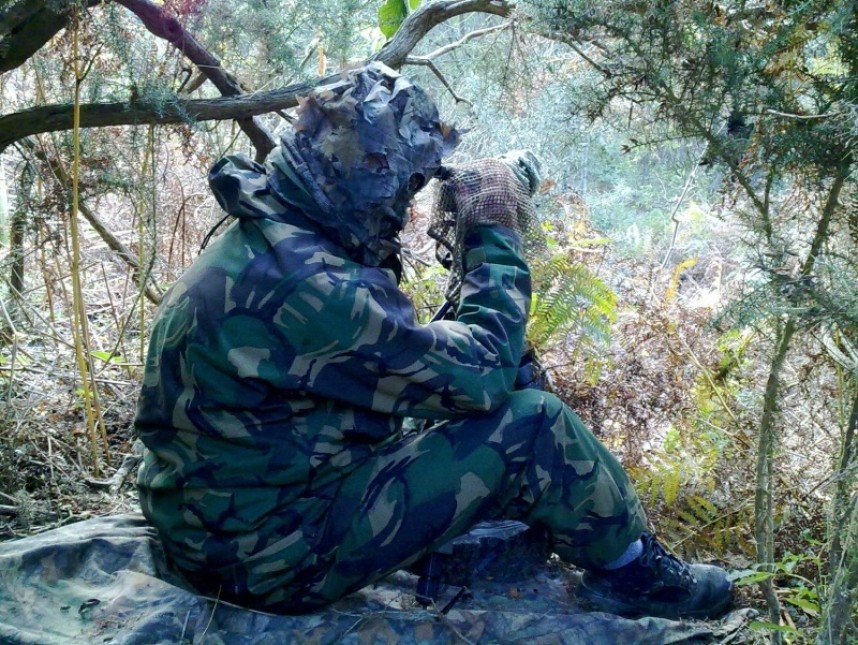
Undercover © RSPB Species Investigation
Our British countryside can be a dangerous place for raptors particularly around some land managed for gamebird shooting. Week after week, year after year the RSPB’s Investigations team receives reports of species like red kites, peregrine falcons and buzzards being deliberately shot, trapped or poisoned. Working across the UK, the team carry out fieldwork to detect these crimes and assist the police with investigations with the aim of preventing these crimes happening in the future so that raptors can remain in our skies.
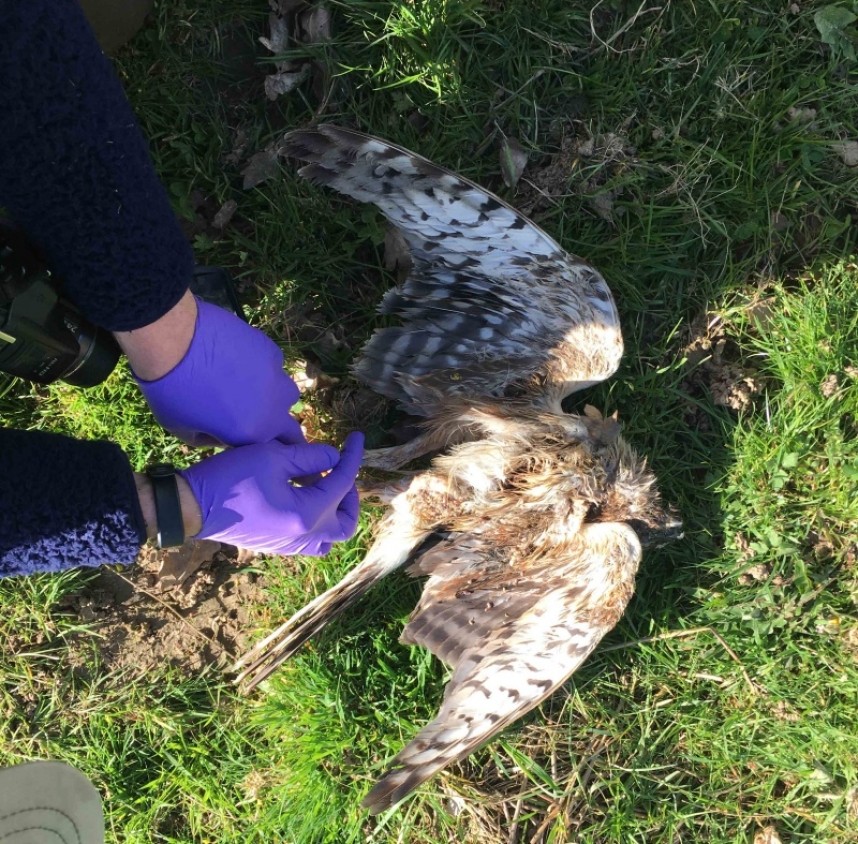
Raptors are protected by law. Anyone found to have intentionally harmed or disturbed a bird of prey faces an unlimited fine and potentially jail. However, people are rarely caught and punished. Sadly in 2020 there were 137 confirmed incidents of raptor persecution. Northern England is still at the helm of this criminality & North Yorkshire is still the capital of raptor persecution in the UK, with 26 of the 137 confirmed incidents recorded.
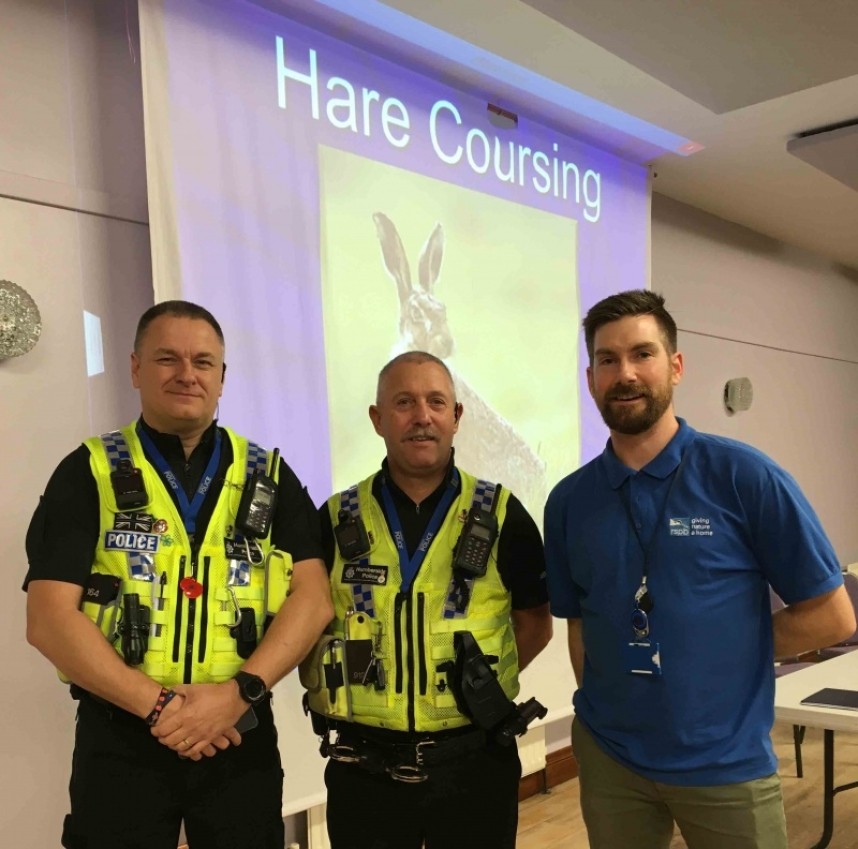
Jack with Wildlife Crime Officers © RSPB Species Investigation
Jack Ashton – Booth from the RSPB investigations team details a bit about himself and the indefatigable team he works within.
Name: Jack Ashton-Booth
Age: 35
Where I live: Yorkshire
Role: Assistant Investigations Officer. It’s the best job in the world as part of it means I get to study hen harriers on a near daily basis. Don’t be fooled though, it’s not for the faint hearted and it’s not simply sitting on a hill watching harriers sky dancing (although sometimes it is!). It involves LONG hours in the field, often in appalling weather, and it can at times feel like you’re swimming against the tide. It’s a job with the greatest highs and the greatest lows.
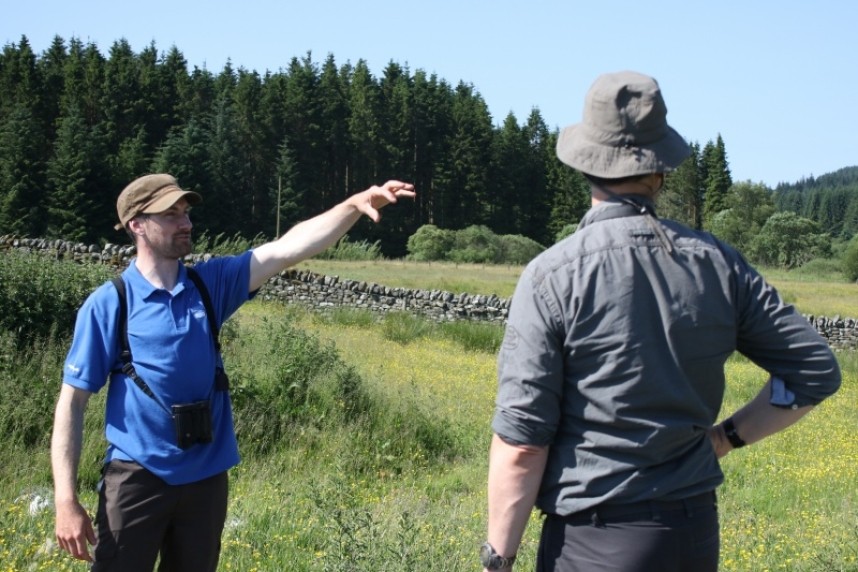
Jack working with landowners © RSPB Species Investigation
I’m one of a small field-based team of Investigations Officer based in England, working on the front line in the fight against raptor persecution.
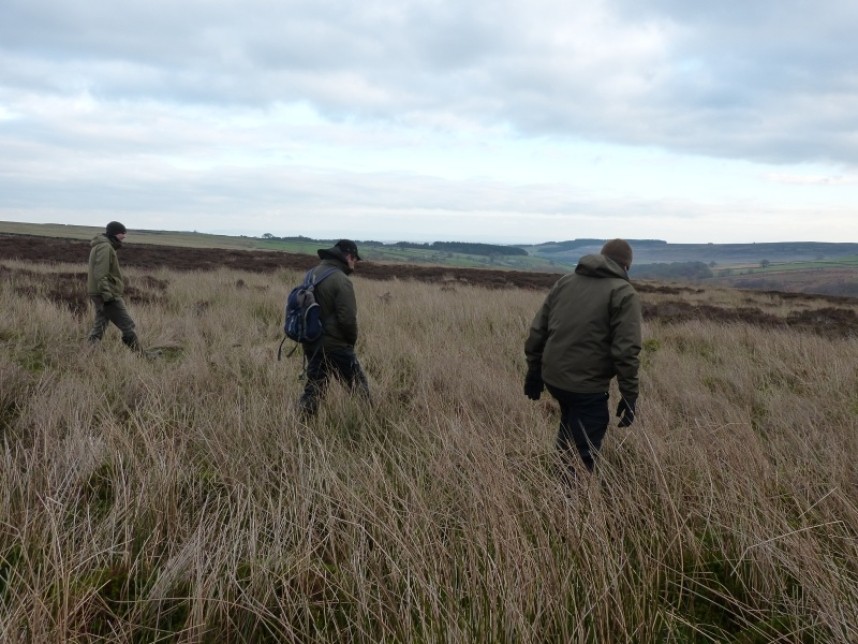
The RSPB team searching for evidence © RSPB Species Investigation
My working remit along with my colleagues Tom Grose and Howard Jones in our campaign to stamp out bird crime has a wide spectrum of roles. The following are an illustration of the type of things we do day to day throughout a working year.
- Hen Harrier monitoring –finding and locating prospecting pairs and their nests and providing them with surveillance during the breeding season. Protection continues through into autumn and winter with satellite tagging and roost watching.
- Raptor monitoring – overwatch of raptor nests and their respective territories with assistance from a large network of excellent raptor workers
- Case Work – ongoing investigations into offences of conservation importance, support the police and statutory agencies to investigate raptor persecution and secure prosecutions
- Support the development of Partnership Against Wildlife crimes, National Wildlife Crime Unit & Wildlife Crime Officer network being a proactive member of the wildlife crime community
- Helping to maintain the most comprehensive database on raptor persecution in the UK sharing intelligence to police forces
- Dealing with reports of dead & injured birds that are potential recipients of criminality to find out how they died and follow up enquiries with police regarding possible offences
- Awareness raising - Assist with media presentations, educating people about bird crime and what to look out for.
“It’s a brilliant job for anyone who loves raptors, wants to make a difference and loves being outdoors.” says Jack. It’s this passion to protect birds that drives Jack and his colleagues, making those long nights on the moors worthwhile.
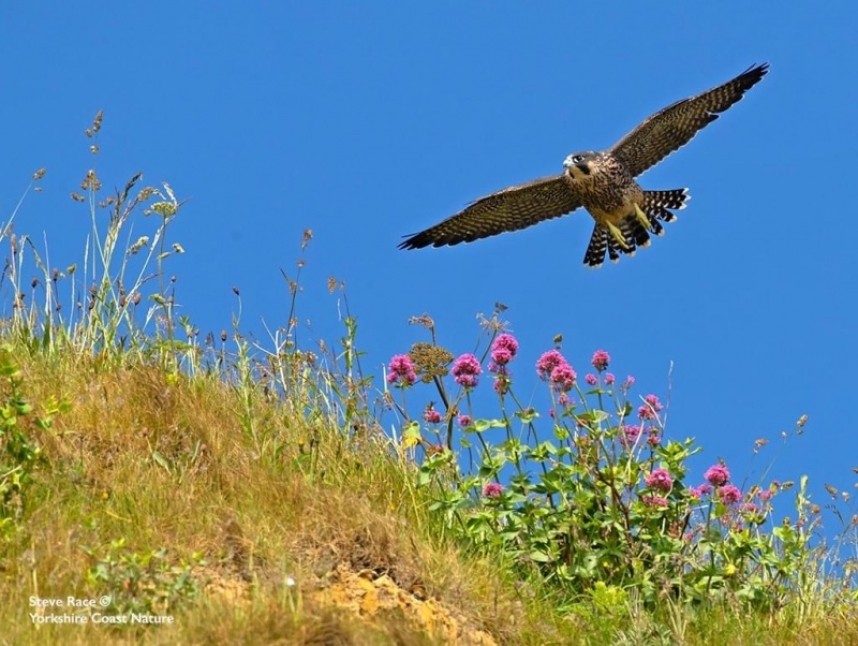
Peregrine Falcon © Steve Race
“I have an image in my head of a pole trap, and a peregrine landing on it. That’s the one thing that gets me. I think, if I could stop that, then nothing else matters. Even if you’re tired, you’re cold and it’s raining, you’re not dying but they are. I can make a difference. I’m nothing special, I’m just passionate.”
This drive is shared by the whole team and being involved with difficult and often frustrating cases creates a unique bond. Having a good team around him is crucial, says Jack, especially in the field.
“Sometimes jobs don’t go the way you want, like cases getting mothballed, but we’re all in it together. You’ve got to dust yourself off and carry on.
Raptor persecution is a relentless ongoing issue and something the RSPB believes the UK government must tackle head-on to make lasting change. Current laws are not deterring criminals enough and crimes are going unpunished. Persecution on gamebird shooting estates is largely committed by gamekeepers who are often under pressure to break the law and kills birds of prey from people above them and who are currently unaccountable in our existing laws.
Introducing a system of licensing for driven grouse shooting estates would mean that a license to operate could be removed if illegal activity is identified on the land and make shooting agents and landowners more accountable for wildlife crime being committed by employers. The RSPB would also like to see Scotland’s vicarious liability laws extended to the rest of the UK to make landowners accountable for wildlife crime happening on their land The RSPB will continue to fight for these changes.
Jack goes on to say “When you’re out watching a male hen harrier on a frosty morning, and there’s that leafy, earthy smell – that’s the stuff I dream about. But at the same time, you know that bird you’re watching is risking its existence just by being there. But we’ve had some major victories: for us, for our members, for the birds. The tide is slowly turning. And the young naturalists coming through today have a real drive and determination. If the future’s in their hands, this gives me hope.”
As a collective we wish to see real change, none more so than Yorkshire Coast Nature who wish to see their county lose its title as the UK’s number one hotspot for raptor persecution! RSPB investigations are thrilled to receive a financial contribution from YCN to make raptor persecution a thing of the past.
This is a truly cyclical symbiosis whereby Yorkshire eco-tourism set out to celebrate the counties bountiful biodiversity is ensuring it remains this way.
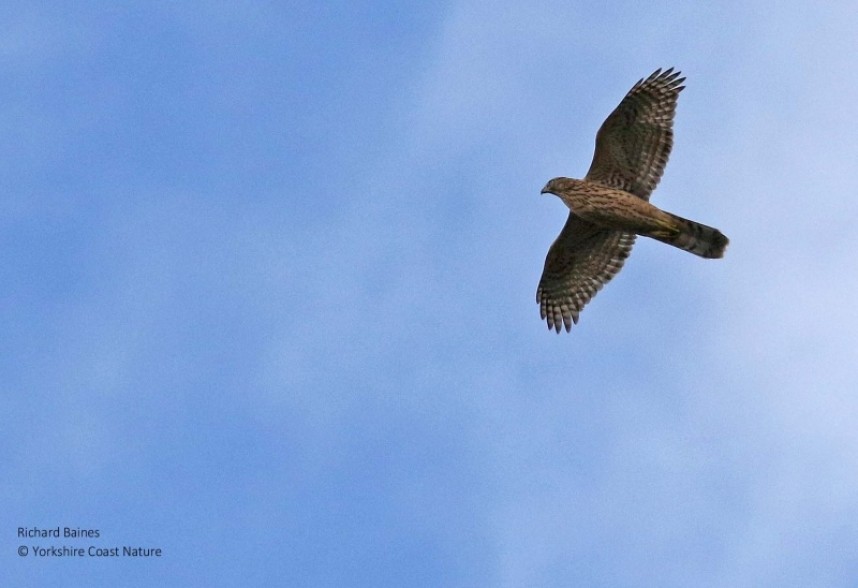
Northern Goshawk flying free in North Yorkshire © Richard Baines
How you can help:
We also need people like you to help us make raptor crime a thing of the past, by being our eyes and ears.
When you’re out and about in the countryside, be alert to anything that looks suspicious. If you come across a dead or injured bird of prey, poison bait or an illegal trap, report it to the RSPB at crime@rspb.org.uk or on our confidential raptor crime hotline number: 0300 999 0101
Spread the word: Tell your family & friends– everyone! The more people who are shocked by this, the more likely we are to bring an end to it. Don’t underestimate the importance of people like you and the impact you make. – and get your voice heard. You never know who might be listening.
Jack Ashton Booth
Assistant Investigations Officer



 Back to Blog
Back to Blog
